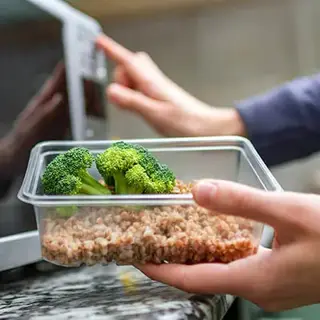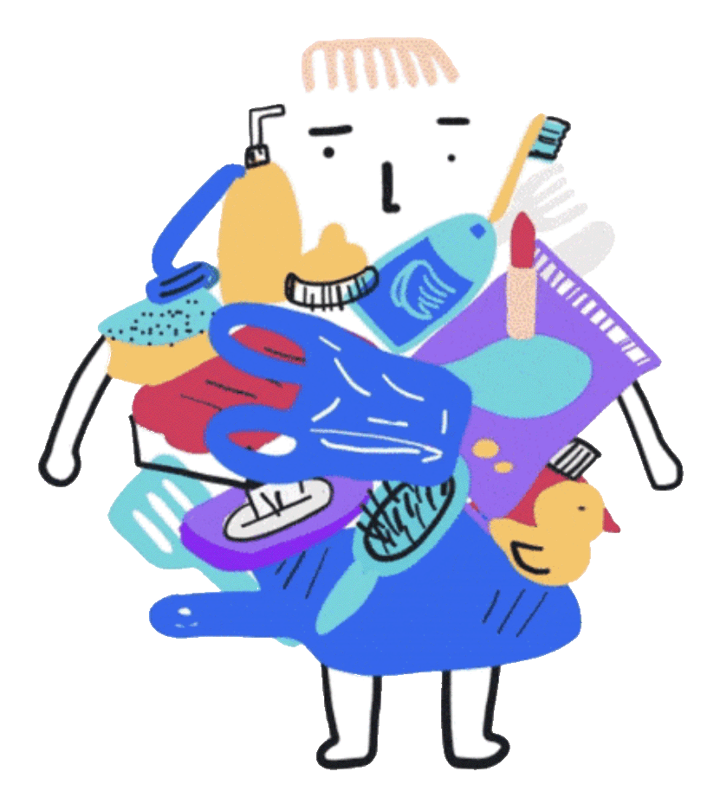Nieuw wetenschappelijk onderzoek onthult verontrustende feiten over onze dagelijkse water- en frisdrankconsumptie. Eerdere studies wezen al op de aanwezigheid van microplastics in wegwerpflesjes, maar het aantal van 240.000 deeltjes per liter is zo alarmerend dat het gezondheidsvragen oproept.
Van fles tot lichaam
De studie, waarbij gebruik werd gemaakt van een gespecialiseerde lasertechniek, richtte zich op waterflessen van drie Amerikaanse merken en ontdekte dat maar liefst 90% van de gevonden plastic deeltjes bestaat uit nanoplastics en dat slechts 10% van de deeltjes microplastics zijn.
Nanoplastics dringen ons leefmilieu binnen
Microplastics zijn al langer onderdeel van milieudiscussies: ze zijn gevonden in wolken, de diepste oceaantroggen en zelfs in ons eten, ons drinkwater en in de lucht die we inademen. Nanoplastics, die duizend keer kleiner zijn dan een mensenhaar en daardoor celwanden en organen kunnen binnendringen, geven een nieuwe lading aan de gezondheidsrisico’s.
Een blik in de wereld van nanoplatics
Een van de bij het onderzoek betrokken onderzoekers is Phoebe Stapleton van de Rutgers University New Jersey. Zij maakt zich al langer zorgen over de gezondheidsrisico’s van plastic. Zo was zij in 2021 te gast bij de uitzending INHALE, EXALE plastic fibers van Plastic Soup TV.
Professor Marja Lamoree van de Vrije Universiteit Amsterdam erkent eveneens het belang van dit onderzoek. Het ontdekken van zo’n grote hoeveelheid nanoplastics, die eerder moeilijk te traceren was door technologische beperkingen, onderstreept de omvang van het probleem.
Implicaties voor de menselijke gezondheid
Hoewel de gezondheidsrisico’s van deze plastics voor mensen nog verder onderzoek vereisen, geven studies van jonge dieren aan dat er negatieve effecten meetbaar zijn in hun hormoonspiegels en dat daardoor het immuunsysteem verstoord wordt. Hoe kleiner het deeltje, hoe waarschijnlijker het is dat het door het lichaam wordt opgenomen, met alle gevolgen van dien.
Naast de directe impact kunnen deze minuscule plastic deeltjes ook fungeren als dragers voor schadelijke stoffen, zoals virussen en bacteriën. Dit kan potentieel ziektes veroorzaken.
Naast de directe impact kunnen deze minuscule plastic deeltjes ook fungeren als dragers voor schadelijke stoffen, zoals virussen en bacteriën. Dit kan potentieel ziektes veroorzaken.
Meer onderzoek nodig
In 2019 erkende de Wereldgezondheidsorganisatie (WHO) de noodzaak voor meer onderzoek naar de gezondheidsimplicaties van onze plasticconsumptie. Nederland speelt een cruciale rol in het bevorderen van dit onderzoek, met een groeiende interesse binnen de wetenschappelijke- en medische gemeenschap.
De Plastic Soup Foundation pleit daarbij voor het drastisch verminderen van onze dagelijkse plastic consumptie, te beginnen met het uitbannen van wegwerpplastics. De voorspelde verdubbeling van ons plastic gebruik in de komende 20 jaar is absoluut niet de koers die we moeten inslaan. De uitkomsten van wederom een studie die de forse blootstelling aan (nano)plastics aantoont, bevestigt dat we zo snel mogelijk moeten overschakelen op alternatieven, ook op die voor de plastic PET-fles.



